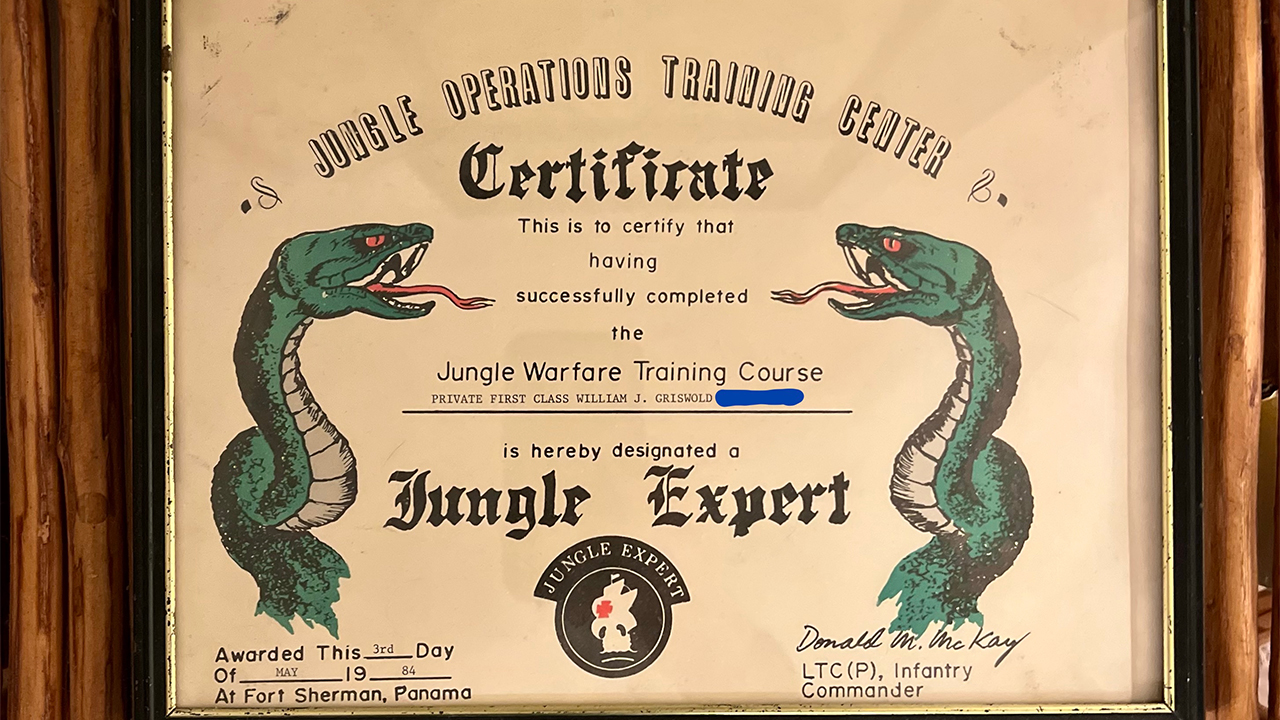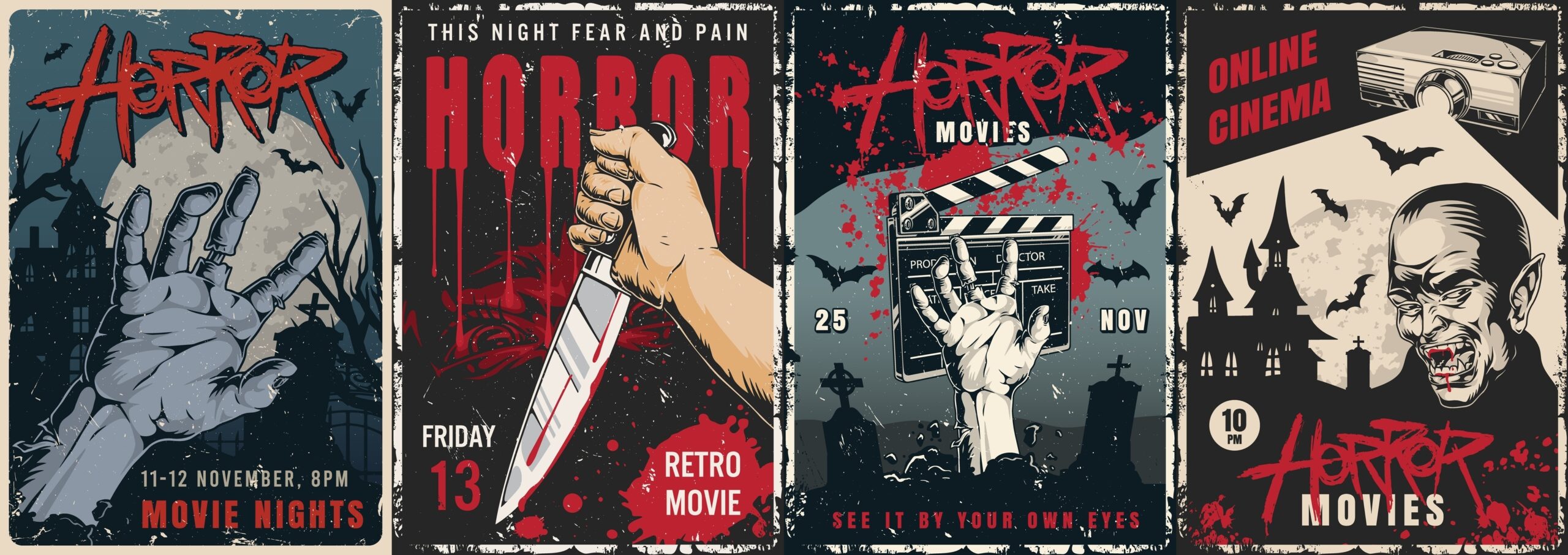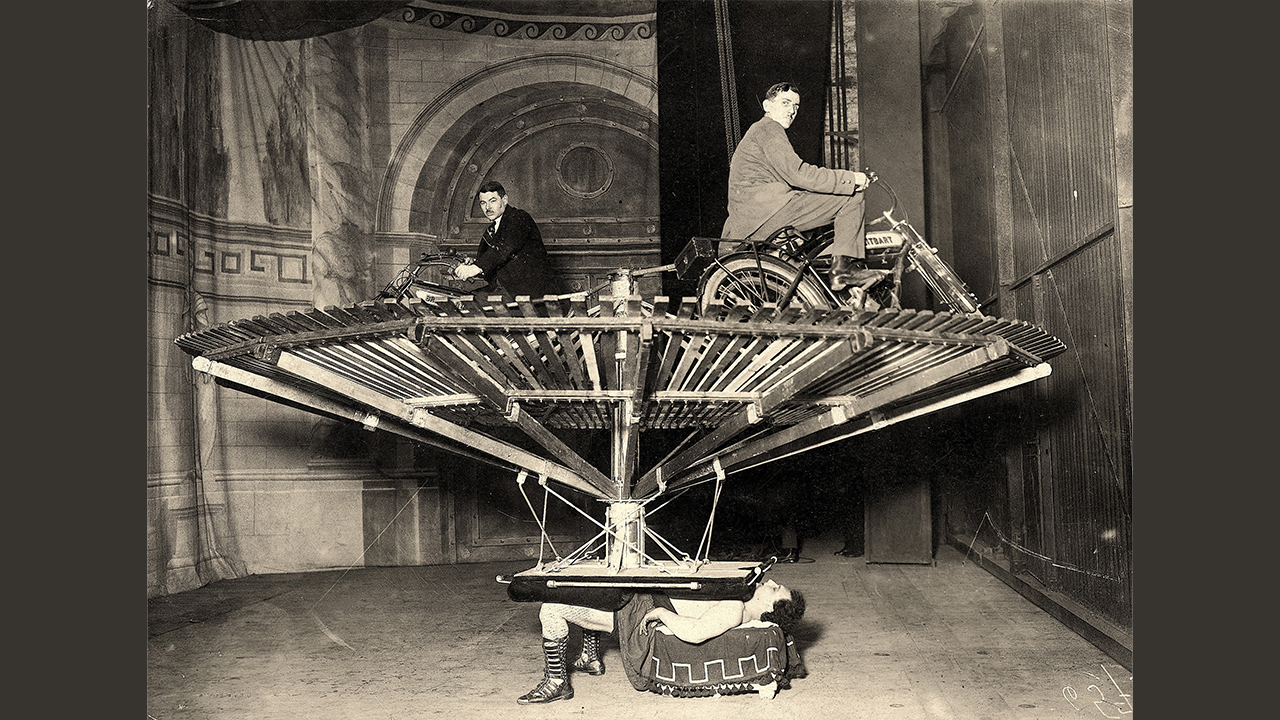No Time, No Consequences
October 4, 2019
I was slow to let my sons play video games with violence in them—freakishly slow, if you ask them, proving how out-of-touch I am with the hip, modern world. (Also: “Hip” is a gross word that old people use; please never say that again.)
When they were younger it did make me mildly anxious even to watch them play Minecraft, since they needed to get inside for the night, before Creepers got them, and they were building libraries and swimming pools instead. It was weirder to watch them die virtually, over and over, in Fortnite, which is visually as innocuous as a comic strip but has creepy sequences: After dying, players rise into the sky like spirits, resurrect on a Battle Bus, and drop into harm’s way again, under umbrellas, like reincarnated Mary Poppins.
My kids were both in their teens before I finally gave in to a first-person shooter game. Battlefield 1 is set in WWI—which made it more acceptable, since old violence has nothing to do with violence, obviously—and more recently they got Call of Duty: WWII. Watching them play, I got wrapped up in their survival, chided them when they failed to check their flanks before advancing, and felt a little sick watching them fall. When you have two sons aching for real-life adventure, who also tease you with their ideas of being “manly,” the games can seem like they have become something more than entertainment.
I was secretly pleased when both grew bored with them, though my younger son plays Madden NFL now. I caught myself feeling proud at seeing our surname on his Super Bowl jersey—as I was oddly proud, truth be told, at their becoming adept at clearing buildings of Nazis. There is nothing particularly wrong with any of the games, now my kids are old enough to see them for what they are and can make smart choices with their time.
But time is the thing for me. It has no relevance in the games. You can fast-forward through a football game, playing quarterback, and not have to sweat out your opponent’s drive up the field or endure the crowd’s turning mood. Gaming life becomes the challenge and heroism of one forward pass after another, without even the field goals, if you do not want to wait to take the field again, or the hill. The problem for me has always been that when time means nothing, resurrection is assured.








